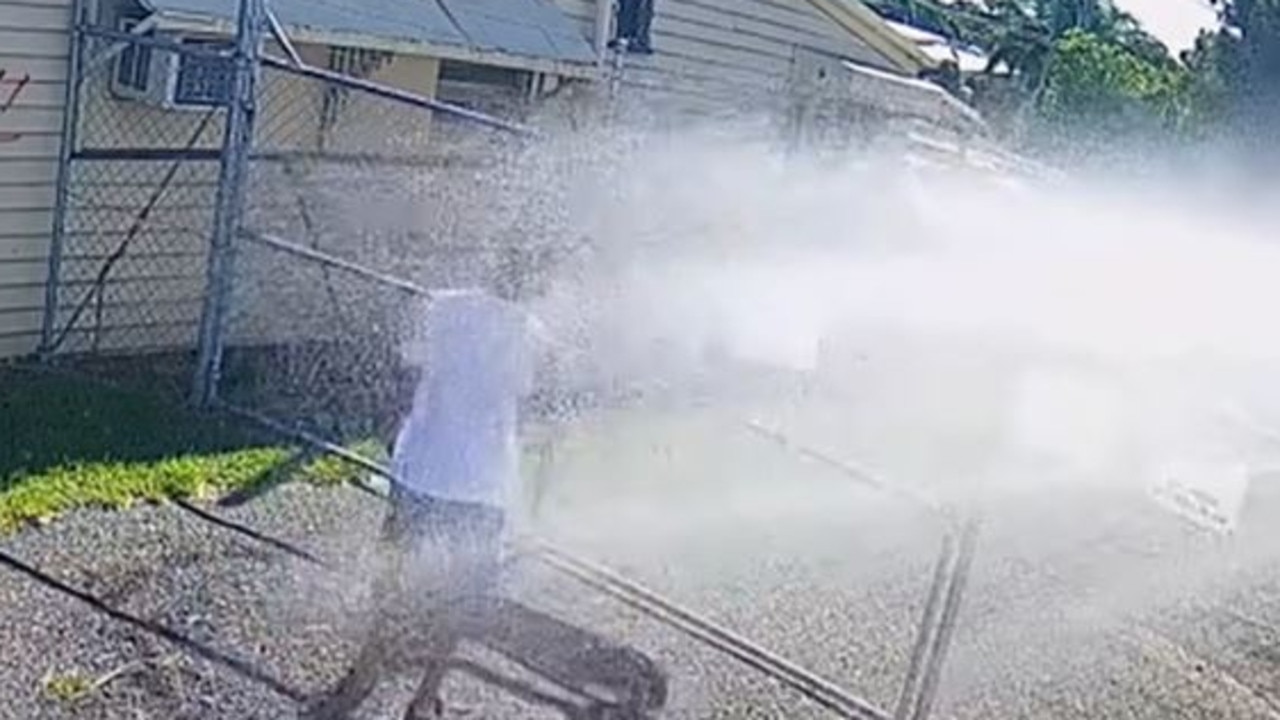How to spot an illegal phoenix operation, as cases set to soar
As companies fall like dominoes, it brings with it the risk of people getting away with this crime. Here’s how to spot it happening.

Ordinary Australians are being urged to be on the lookout for shady phoenix operations which are set to soar in coming months as company collapses reach pre-Covid levels.
A phoenixing operation is when a company deliberately goes into liquidation then starts again under a different name, essentially rising from the ashes like a mythical phoenix, to wipe away its debt.
If convicted, the crime carries a penalty of up to 15 years in jail for company directors and accomplices.
This illegal practice directly costs the economy between $2.85 billion and $5.13 billion annually, according to a report commissioned by the Australian Taxation Office in 2018.
Customers who are building or renovating properties should especially be on alert because a third of all the insolvencies in Australia at the moment are in the construction sector, which is also the industry most renowned for phoenixing.
An estimated one in 10 collapsed businesses are part of an illegal phoenix operation, according to industry experts.
John Winter, CEO of the Australian Restructuring Insolvency and Turnaround Association (ARITA), told news.com.au there were a few ways for the average Aussie to spot an illegal phoenix operation.
“There’s some really shameless stuff out there,” he warned.
Mr Winter’s advice centred around building companies, which are usually the main culprits behind an illegal phoenixing operation.
“Because construction is a really low margin business, the shadowy operators have basically worked out a way where they get to the end of every project then shut down the company,” he explained.
“They simply don’t pay a pile of their contractors, they would not pay their tax and their subbies and just keep going.”
Mr Winter warned that for some building companies, phoenixing has become a “business model” and essentially a way to make the venture profitable.
As a result, he said it was absolutely critical to run a check on the company and the builder before you signed a contract or handed over any money.
“You need to check out the builder you’ve got before you sign the agreement, look at their track record,” Mr Winter said.
If the director runs lots of companies, especially ones that have been liquidated or deregistered, that is a red flag. So is changing the business name to the company’s ABN (Australian business number).
“By changing the name to the ABN, it makes it harder for people to track it down,” Mr Winter explained. “That happens all the time in phoenixing.”
He also said it might be worth running a credit check on the company, although this was usually inaccessible and could be expensive.
The expert also advised never to pay upfront when undergoing a building project, as this was often a sign the company was insolvent or planning to pocket everyone’s money and phoenix the business.

Unfortunately, there’s not much else you can do beyond that to spot a phoenixing operation, Mr Winter warned.
“There’s few other things that someone can do, you’re not going to be paying for advice from the credit bureau, you’re just not going to have to access to that,” he said.
“One thing we’ve been pushing the government for, for many years, is everyone should have free access to director searches. They did this in the UK, they made sure that everybody had access.”
To search a “current and historical business name holder (person or organisation) extract” on the Australian Securities and Investments Commission (ASIC) database costs around $45, according to its website.
“The fact you have to pay money to a regulator to figure out who is running a company is frankly ridiculous,” Mr Winter said.
“It shouldn’t just be privileged people like journos or liquidators who have access, it should be every mum and dad.”

Around 81 per cent of collapsed companies have been accused of misconduct but ASIC only investigates a tiny portion, according to a new report released by economist John Adams earlier this month.
The percentage of all initial statutory liquidator reports submitted to ASIC in the last decade that ultimately get referred for action is on average only 1.7 per cent.
In the last financial year, the government received more than 2,115 referrals of suspected illegal phoenix activity, according to the ATO, which runs a 40-person Phoenix Taskforce in conjunction with ASIC.
For some context, since the Phoenix Taskforce was established in 2015, only five matters have successfully been referred for prosecution. Eight directors have also been banned from running a business in that time.
Several senators have started the process of getting a parliamentary inquiry into ASIC underway to understand why so few reports of suspected white collar crime end up being investigated and prosecuted.
Late last month, a motion passed the senate to do just that and senators now have until mid-2024 to carry out an inquiry into ASIC.
Company collapses are now up 129 per cent since January this year, according to CreditorWatch, in a sign that more illegal phoenix activities will come to light.
So far this year, according to the latest ASIC records up until June, 4912 Australian companies have failed and were wound up in insolvency. Of those, 1282 failed businesses came from the construction industry.
Hope for the future
Mr Winter is hopeful that phoenixing will become harder to get away with in the future after ASIC introduces a digital identification number for company directors.
The director ID, a unique 15-digit identifier, would make sure companies were being run by real people through being connected to their MyGov account, and it would also allow the system to flag any unusual occurrences, such as a possible phoenix operation.
In early 2020, a new law was passed to help combat phoenix by adding a “creditor-defeating disposition” into the existing Corporations Act.
This allows liquidators to pursue directors personally. They can seek damages in restitution and monetary compensation for an unfair transaction and can also request for ASIC to make an order that the property or asset be returned to them.
However, to date, so far the new law has only been used in one case, after the liquidators made an application for the sale of business assets from Intellicomms Pty Ltd, which was in liquidation, to the defendant, Tecnologie Fluenti Pty Ltd, to be returned to them.
Members of the community who know or suspect illegal phoenix activity can make an anonymous report by visiting ato.gov.au/tipoff or calling 1800 060 062.
alex.turner-cohen@news.com.au




